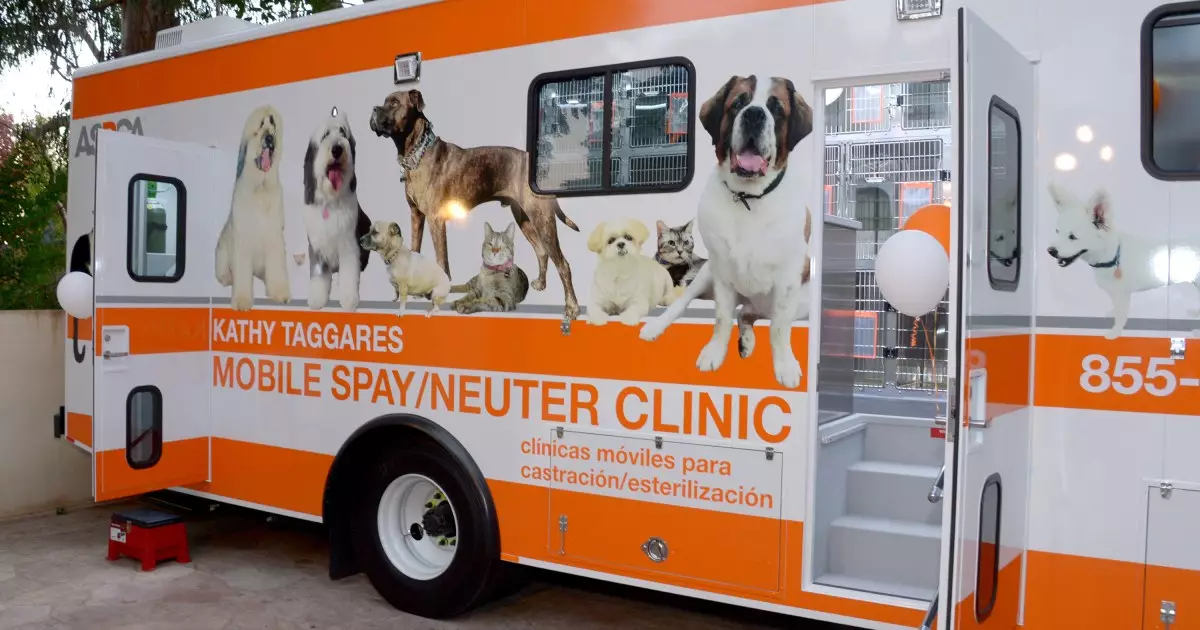The issue of pet overpopulation remains a pressing concern for animal welfare advocates and pet owners alike. Spaying and neutering have emerged as two primary solutions to mitigate this crisis, significantly lowering the number of unwanted animals in shelters. By controlling the population, these procedures help to reduce shelter overcrowding, thus resulting in fewer euthanizations and allowing resources to be allocated towards caring for the animals that are already in need. It’s crucial to acknowledge that spaying and neutering do not merely contribute to population control; they also have significant health benefits for dogs.
Health-wise, dogs that are spayed or neutered tend to exhibit lower risks regarding certain malignant tumors and reproductive system-related health concerns. Unaltered pets may develop conditions such as pyometra or certain cancers, which can place a significant financial and emotional burden on pet owners. Additionally, unspayed or unneutered dogs are prone to risks such as increased roaming tendencies, which can lead to accidents or getting lost. Furthermore, these unaltered dogs are often associated with more aggressive behaviors due to heightened competition for mates. Therefore, spaying and neutering are not just about managing population numbers; they are essential for ensuring the overall well-being of our canine companions.
Despite the clear advantages, the financial aspect of spaying and neutering can be a barrier for many pet owners. Recognizing this challenge, numerous low-cost spay and neuter clinics have sprung up to provide these essential services at affordable rates. These clinics are typically community-driven, staffed by volunteers and veterinarians who are passionate about animal welfare. Their operations rely heavily on donations, which makes them invaluable resources for pet owners who might not otherwise be able to afford these procedures.
Nevertheless, as beneficial as these clinics are, they face unique challenges. There’s a risk of misuse, as some individuals may seek to take advantage of low-cost services even when they can afford to pay full price at a private veterinarian. This kind of exploitation not only stretches limited resources but detracts from the capacity to assist those genuinely in need.
The necessity of maintaining ethical integrity within low-cost spay and neuter clinics is crucial for their ongoing survival. Misuse of these services not only complicates operational logistics but raises ethical concerns about the very purpose of these clinics. Many clinics have instituted policies to require proof of income or public assistance in an effort to ensure that their services are prioritized for those who genuinely cannot afford standard veterinary care. For instance, clinics like the ASPCA’s Mobile Spay/Neuter Clinics adopt protocols mandating presentation of documents like food stamps, public housing eligibility, or medical assistance records.
While such measures can deter exploitation, they may inadvertently create barriers for those who find themselves in desperate financial situations but lack proper documentation. This dilemma highlights a pressing need to balance accessibility with accountability to protect the integrity of these community resources.
One solution to this issue could involve enhancing public education regarding the true nature of low-cost spay and neuter clinics. By informing pet owners and the general public about the non-profit status of these facilities, individuals may better understand the importance of using these resources for their intended purposes. Public awareness campaigns that demonstrate the costs associated with spaying and neutering can also be beneficial, generating empathy and potentially discouraging misuse.
Volunteers and staff at these clinics can also take an active role in educating pet owners about responsible pet ownership. Familiarizing them with the potential consequences of not spaying or neutering can instill a sense of responsibility. Promoting a culture of accountability encourages dog parents to prioritize their pets’ health and minimize the likelihood of unwanted litters.
Spaying and neutering are pivotal to both the health of pets and the welfare of countless animals in shelters. Low-cost clinics play a vital role in ensuring these services are available to those in need. However, it is paramount to address the challenges related to misuse and explore potential solutions through education and policy adjustments. As communities work together to eliminate pet overpopulation, fostering a culture of responsible pet ownership is essential. By championing these values, we can strive towards a healthier, more sustainable future for our furry friends and society as a whole.


Leave a Reply